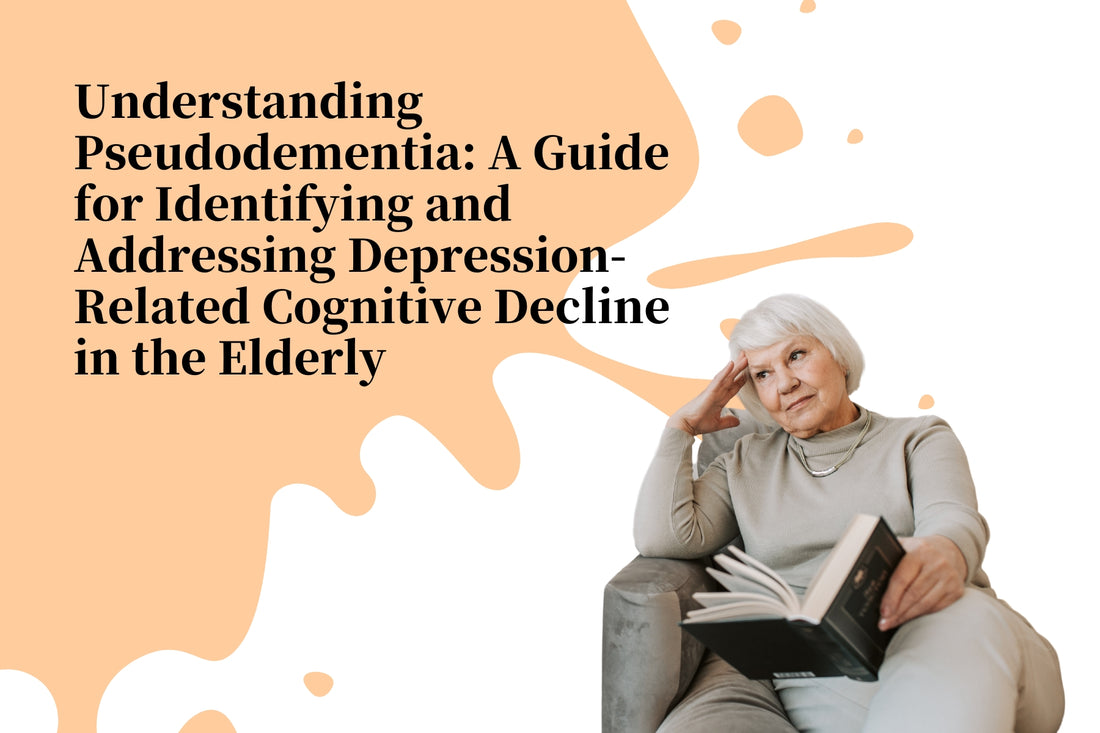Understanding Pseudodementia: A Guide for Identifying and Addressing Depression-Related Cognitive Decline in the Elderly
Dementia is a complex condition encompassing various cognitive impairments, with Alzheimer's disease being the most well-known. However, there's a lesser-known form called pseudodementia, closely linked to depression among the elderly. Recognizing and addressing pseudodementia is crucial for proper care and intervention.
Pseudodementia often manifests with symptoms similar to Alzheimer's, such as memory loss, loss of interest, appetite changes, and sleep disturbances. However, it differs in key ways. Individuals with pseudodementia may neglect their appearance, but unlike Alzheimer's patients, they may excessively emphasize their cognitive decline, despite performing relatively well on cognitive tests when engaged.
Distinguishing between pseudodementia and Alzheimer's requires careful observation and professional evaluation. While Alzheimer's progresses slowly, pseudodementia is often abrupt, triggered by depressive episodes. Understanding these nuances is vital for accurate diagnosis and effective treatment.
Early intervention is crucial for pseudodementia, as it can potentially be reversed. Psychological treatments, serotonin therapy, and engaging activities can help alleviate symptoms and prevent progression to Alzheimer's disease. Recognizing depression as a significant risk factor for Alzheimer's underscores the importance of mental health care for the elderly.
In conclusion, pseudodementia poses unique challenges in dementia diagnosis and management. By understanding its relationship with depression and implementing timely interventions, we can improve the quality of life for elderly individuals at risk of cognitive decline. Prioritizing mental health care for the elderly is not only essential for managing pseudodementia but also for preventing more severe forms of dementia like Alzheimer's disease.


